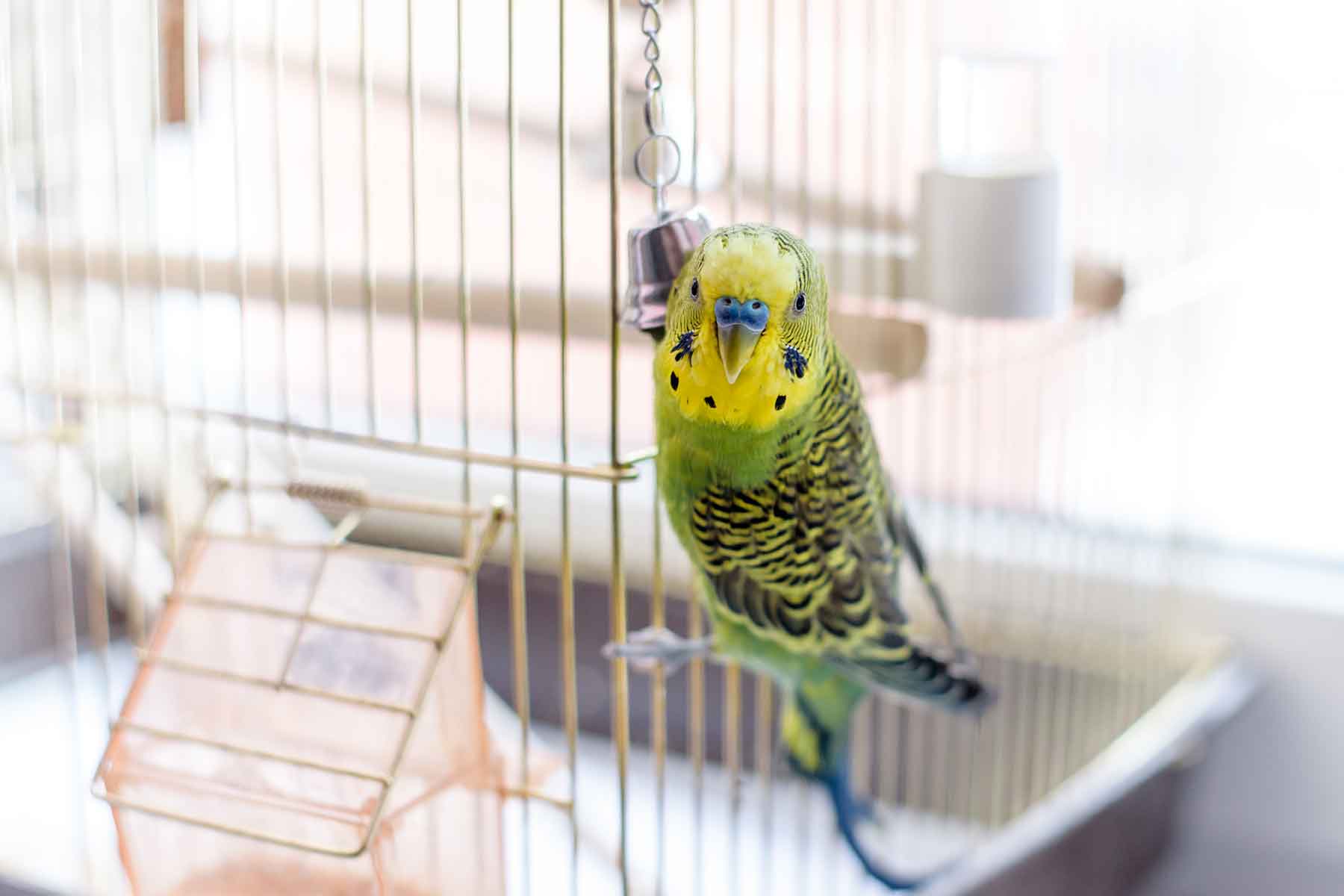Congratulations on the arrival of your new family member. The following information is provided to help you with all the necessary health care your new dog will require, including vaccination, nutrition, dental care, desexing, worming, flea control, heartworm prevention and microchipping.
Caring for your dog Index
Vaccination
– When does your dog need to be vaccinated?
– What do you need to vaccinate against?Dental Care
– How do you keep my dog’s teeth and gums clean?
– How do you tell if your dog has a problem?Worming
– How do you protect your dog from worms?Heartworm
– How can your dog get heartworm?
– How to protect your dog from heartworm
Vaccination
Some canine diseases are very serious and can be fatal even with treatment. To prevent your dog from getting these diseases we recommend regular vaccination. The vaccinations we recommend are highly effective and have a very low rate of side effects.
When does your dog need to be vaccinated?
At 6-8 weeks of age puppies should receive their first vaccination; this is temporary and needs to be followed up with another one at 10 weeks. 10 days after their 10 week vaccination you can then take your puppy out in public areas.
What do you need to vaccinate against?
- Parvovirus – a highly contagious viral gastroenteritis. Depression, loss of appetite, severe vomiting and diarrhoea containing blood are some of the symptoms. Death can occur very quickly.
- Distemper – a highly contagious disease producing symptoms such as conjunctivitis, nasal discharge, convulsive seizures and spinal cord damage. Treatment is often ineffective.
- Hepatitis – in puppies can cause sudden death, whilst adult dogs can experience, weakness, fever, diarrhoea, loss of appetite and bleeding.
- Canine Cough – a complex disease caused by bacterium and a virus. Affected dogs will have a hacking cough persisting for weeks. In puppies and old dogs the disease can be devastating.
Nutrition
Dogs grow and age quickly therefore a well balanced diet is essential for proper growth and bone and teeth development. Different formulations are required depending on your pet’s age, breed and lifestyle. Ask our Veterinary Healthcare Team for advice on feeding the best diet for your pet and you can also read more about feeding your dog here.
Dental Care
More than 80% of dogs over three years old will experience some form of gum disease. Just as in humans, the main cause of this disease is build-up of plaque due to poor oral hygiene.
How do you keep my dog’s teeth and gums clean?
A well balanced diet including raw bones (or specifically formulated dental bones), regular dental check-ups and brushing. For more information see our comprehensive pet library section on dental care.
How do you tell if your dog has a problem?
You may notice bad breath, a brown deposit on the teeth near the gum line, red swollen gums, and even some difficulty eating. Dogs may need occasional teeth cleaning by your veterinarian as dental hygiene is essential for good health. Learn more about dental care including dental disease and dental diets.
Desexing
As well as reducing the number of unwanted puppies, desexing prevents pets from roaming, fighting or causing nuisance to neighbours. In females it significantly reduces the risk of uterine infections and mammary cancer and in males, cancer of the prostate gland.
The optimum time for desexing is five to six months of age, when the animal is approaching sexual maturity but before they come on heat. However, it is never too late to desex your dog. Read more about desexing here.
You may also receive a significant discount when registering your dog with your local council if he/she is sterilised. Ask your council for more information.
Worming
The most common intestinal worms that affect dogs in Australia are roundworm, hookworm, whipworm and tapeworm. Loss of appetite, vomiting, diarrhoea and in severe cases even death are just some of the symptoms a dog can experience from a worm infestation.
How do you protect your dog from worms?
Common worms are readily controllable with a routine worming treatment for puppies. They should be wormed every two weeks until twelve weeks of age, then monthly until six months of age. After six months all dogs need to be wormed every three months for effective protection. Learn more about worms and your dog.
Fleas
If there are fleas about, they will find a way onto your dog’s coat. Whether they exist as eggs, larvae or young fleas they will soon invade your pet and their environment, your home, too.
There are excellent flea control products available that are safe, effective and easy to use. Our Veterinary Healthcare Team can provide you with more detailed information about effective flea control that best suits your pet and you can also read more fleas here.
Heartworm
A dog affected by Heartworm will have an infestation of long thin worms (up to 30cm in length!) lodged in the heart and vessels that feed on surrounding blood. Learn more about heartworm disease here.
How can your dog get heartworm?
Mosquitoes are the culprits who spread immature stages of heartworm when they bite dogs.
How to protect your dog from heartworm
Prevention is possible through a monthly or annual preparation. Puppies should be started on prevention from 12 weeks of age. See more here
Identification
Your dog should be registered with your local council. As well as a council provided dog tag we suggest you also attach a personalised tag including your phone number. We also recommend a more permanent form of identification, a microchip.
Inserting a microchip is like a vaccination, it only takes a few moments. The procedure is very safe and your pet will feel little pain. Once done, your pet’s details, and your contact address and phone numbers are entered on a national database.
If your pet is ever lost, a ranger or veterinarian anywhere in Australia can scan your dog for the microchip and access your contact details by contacting the national database.
Puppies – sleeping, feeding, house, training and play for new family addition
If you are thinking about a new addition to your family or have already welcomed home a new puppy we recommend visiting our article on Caring for a Puppy. In this article we discuss the essential things you can do help your new puppy feel right at home.











